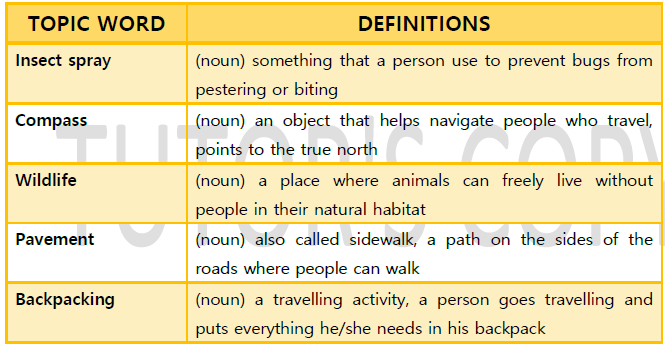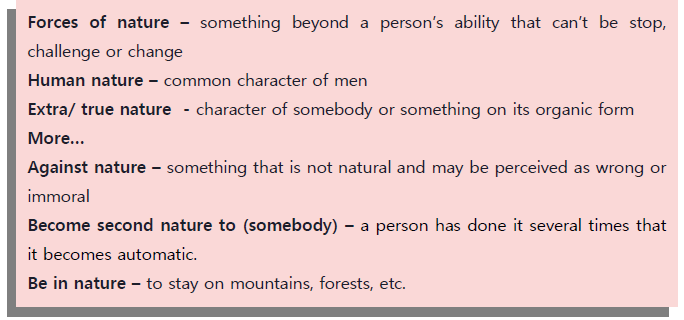アメリカ人が毎日使うスラング・イディオムを学ぶ!
海外ドラマ、日常生活で使われるリアルな英語が楽しく自然に身につく!

ネイティブのリアル英語
stir crazy 同じ所に閉じ込められて気が変になる
「 同じ所に閉じ込められて気が変になる」って英語ではどう言うんでしょうか?
アメリカでは ”stir crazy ” といいます。
Being stuck indoors for so long made him go stir crazy.
長い間室内に閉じ込められていたため、彼はイライラして気が狂いそうになった
stir とは、液体などを掻き回すこと、また精神や感情面の興奮や動揺も意味します。
アメリカのスラングで、stirというと、監獄をあらわし、stir-crazy とは、
刑務所に長い間投獄されていると、気が狂ったり、精神的に不安定になる
囚人がいることに由来しているようです。
「stir crazy 同じ所に閉じ込められて気が変になる」習得・攻略

ネイティブのリアル 英語:
I wish it would stop raining so I could go outside. I’ve been locked up in this house for almost a week and I’m starting to go stir crazy!

学校で教わる英語:
I wish it would stop raining so we could go outside. I’ve been locked up in this house for almost a week and I’m starting to become very restless from being confined to one place!
ネイティブのリアル発音:
I wish it’d stop raining so we could go outside. I’ve been locked up ’n this house fer almost a week ’n I’m starding ta go stir crazy!
stir を使ったその他のイディオム
● Stir the pot – トラブルや議論を引き起こす

She loves to stir the pot by asking controversial questions at family gatherings.
彼女は家族の集まりで物議を醸す質問をしては、トラブルや議論を引き起こすのが好きです。
● Stir up a hornet’s nest – 大騒ぎや怒りを引き起こす
His article about local politics really stirred up a hornet’s nest in the community.
彼の地元政治に関する記事は、コミュニティ内で本当に大騒ぎや怒りを引き起こしました。
● Stir the blood – 興奮や情熱をかき立てる

The revolutionary speech stirred the blood of the youth in the audience.
その革命的なスピーチは、聴衆の若者たちの血をかき立てました。
● Stir to action – 行動を促す
The injustice in the system stirred the people to action.
そのシステムの不正は、人々を行動に駆り立てました。
● Stir one’s stumps (英国英語でより一般的) – 急いで動き出す、行動を開始する

We need to stir our stumps if we’re going to finish this project on time.
もし私たちがこのプロジェクトを期限内に終わらせたいなら、急いで動き出す必要があります。
同義表現
to become very restless from being confined to one place.
to be extremely sick.


















































